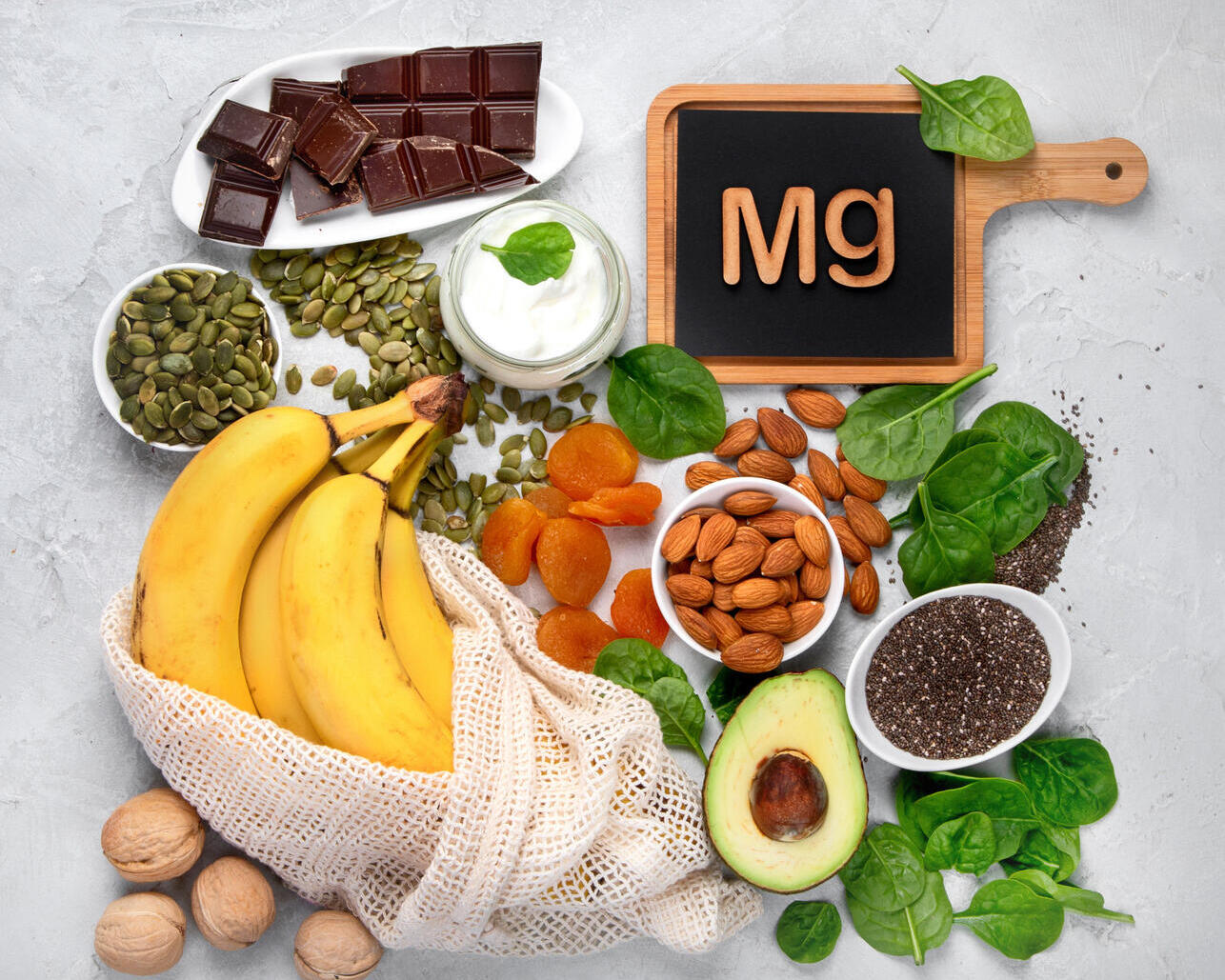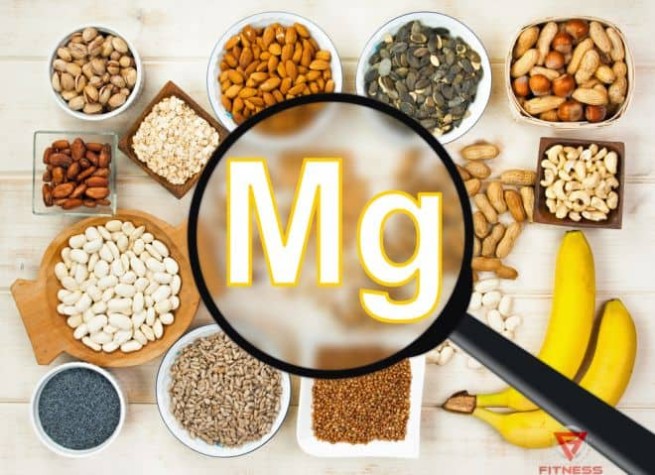Magnesium is positioned as a potential universal “cure” for a wide range of diseases. They say it can help with everything from high blood pressure and migraines to mental health problems.
Videos about the benefits of magnesium supplements have received thousands of views online and have encouraged many people to try it.
Magnesium is a mineral that affects our health in many ways. “It helps support brain and heart function, regulates blood pressure, allows muscles and nerves to function, builds bones and teeth, and supports the immune system,” says Amber Core, a nutritionist at Ohio University’s Wexner Medical Center.
Many people don’t get enough magnesium, partly because Most of the food we eat is processed says Marie van der Merwe, coordinator of the doctoral program in applied physiology and nutrition at the University of Memphis. Research shows that up to 80% of the magnesium found in some foods is lost during processing.
Although magnesium is an essential nutrient, you should consult your doctor before adding it to your diet to treat any new symptoms you experience.
“Supplements may be helpful, although it’s best to discuss this with your doctor first,” says Julia Zumpano, a registered dietitian at the Cleveland Clinic. This is partly due to the fact that Magnesium supplements may interact with some medications or may not be suitable for treating the symptoms you are experiencing.

“Magnesium is a cofactor in more than 300 enzyme reactions in the body,” says Dr. These include protein synthesis, regulation of blood pressure and blood glucose levels, muscle and nerve function, and DNA and RNA synthesis. It also maintains bone structure.
So, if you have low magnesium levels, you may start to feel worse for a number of reasons. “It’s like a domino,” says Dr Van der Merwe, “low magnesium levels create a negative feedback loop in the body. We can watch this in people under severe stress. Normally magnesium is found inside your cells, but when you are stressed, magnesium moves from inside the cell to outside in the bloodstream and is very easily excreted through the kidneys, which is why you have low magnesium levels.”
When this happens, you may notice something like this: symptoms such as headache or muscle spasms, caused by magnesium deficiency. This can add to your stress and create a vicious cycle.
Women need 310 to 320 milligrams (mg) of magnesium per day, and men need 400 to 420 mg. For reference, 28 grams of dry roasted almonds contains 80 mg of magnesium, half a cup of cooked spinach contains 78 mg, and two tablespoons of peanut butter contains 49 mg.
If you are experiencing symptoms of magnesium deficiency, you should try increase magnesium levels with food. “We need to get as many nutrients as possible from food before we start taking supplements,” says the expert. “It’s easier for our bodies to use and absorb nutrients found in food, as opposed to their elemental form in supplements.” Here are the best dietary sources of magnesium:
- Legumes
- Nuts
- Seeds
- Whole grain products
- Green leafy vegetables (such as spinach)
- Magnesium-fortified foods (muesli, etc.)
- Milk
- Yogurt.







More Stories
Myth: The perfect body for summer
Study: Why is it so difficult to give up salt?
Vaccine to combat antibiotic resistance